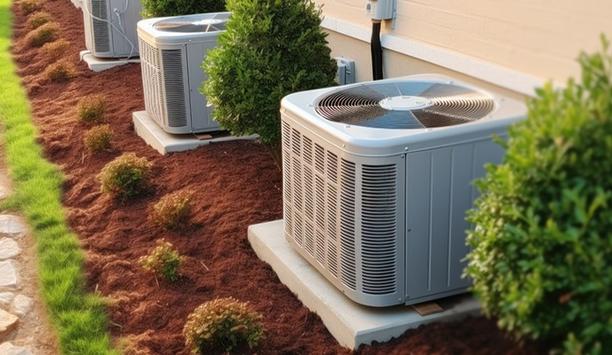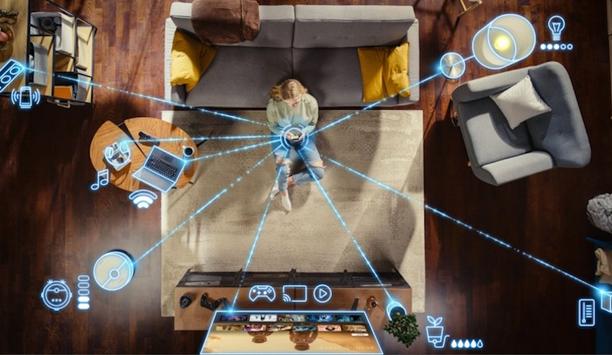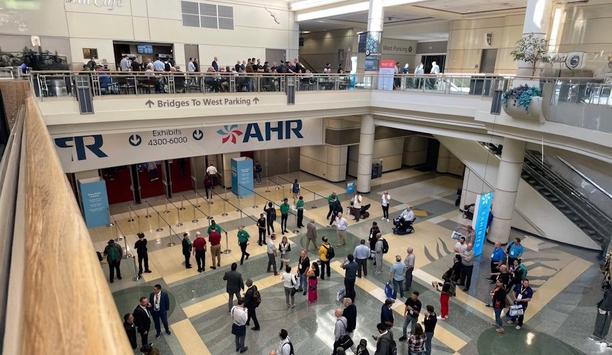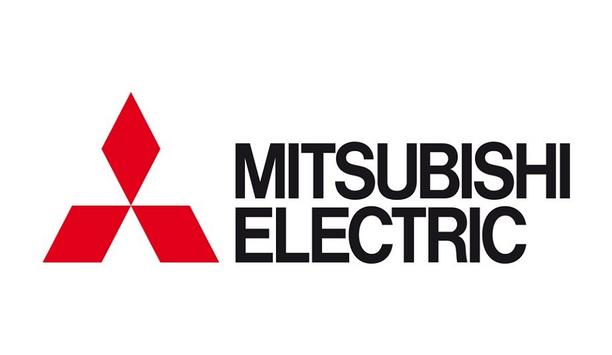Johnson Controls’ Advanced Development Engineering Center (JADEC) in New Freedom, PA., about 25 miles from Philadelphia, highlights and demonstrates the company’s capabilities related to development, testing and manufacturing.
The 357,000-square-foot facility is an advanced engineering and testing facility for water-cooled chillers, air-cooled chillers, air handlers, compressors, and heat pumps. Much of the development in the facility centers on advancements in a critical vertical market for the HVAC industry – data centers.
Big challenge
Data centers are a big challenge – and a huge opportunity – for the HVAC industry. “You cannot ignore the tremendous growth opportunity in this vertical,” says Todd Grabowski, president, Global Data Center Solutions for Johnson Controls.
Unlike other verticals that are more dominant in certain geographic regions, data centers are growing everywhere globally – and at a breathtaking pace. “As a growth company, it is critical that we have solutions to handle the growth and serve the customers in the data center market,” says Grabowski.
Performance of various components
Testing options at JADEC include testing the performance of various components
Testing options at JADEC include the ability to test the performance of various components in a controlled environment that approximates how they will operate in the customer’s real-world setting. There are more than 20 testing labs available at the JADEC campus, covering some 250,000 square feet.
“We want everyone to understand the unique position Johnson Controls is in to use our technology and our manufacturing scale to accomplish desired outcomes,” said Grabowski.
Non-compressor solution
JADEC displays the full breadth of what they offer, including a non-compressor solution using direct evaporative cooling and an air-cooled unit that uses a screw compressor or a magnetic-bearing centrifugal compressor. Also included are various water-cooled chillers.
Johnson Controls owns, develops, tests, and manufactures all the compressors on display. Customers are assured of getting a fully engineered and supported solution from Johnson Controls (e.g., no third-party compressors).
 |
| Johnson Controls owns, develops, tests, and manufactures all the compressors on display. |
Colocated data centers
Grabowski emphasizes that each customer installation has site-specific needs that require unique solutions that Johnson Controls seeks to fulfill.
The company works closely with data centers, including those operated by “hyperscalers” such as Amazon, Microsoft, Apple, and Meta, and colocated data centers that rent space and capacity to customers based on their growth and needs. Colocated data centers come in a variety of sizes and types; some of them are operated by companies such as Equinix and NTT.
Data center solutions
Sustainable methods include the use of refrigerants with ultra-low GWP
The sustainability of data center solutions is a bigger issue than ever, given the sheer volume of data centers being built to handle the world’s growing computational needs.
Sustainable approaches include the use of refrigerants with ultra-low GWP, and water-free systems that do not require higher costs or create higher demands on a locality’s water infrastructure. Magnetic bearing centrifugal compressors are more energy-efficient because no friction is lost in the compression; also, the equipment is quieter.
Impact on global electricity demand
“Sustainability has always been an important aspect, and now it is critical in 2024 and beyond,” says Grabowski. Because data centers are huge consumers of energy, they can put more strain on the electricity grid and have a big impact on global electricity demand. Lowering energy usage helps to address the challenge.
“We want to contribute to energy efficiency, be good stewards of water, and reduce noise,” says Grabowski. Increasing the challenges are the proliferation of new artificial intelligence (AI) chips, more common in newer data centers, which need more power and create more heat than older chips.
Advantages of water cooling
The liquid contained in a cold plate on top of the chip is denser than air and accept more transferred heat
Closed-loop liquid systems are used to cool individual chips, an application that does not cause a strain on local water supplies. The liquid contained in a cold plate on top of the chip is denser than air and can accept more transferred heat.
However, chillers and cooling towers lose water through evaporation and can strain local water supplies. Johnson Controls is researching and testing systems that provide the advantage of water cooling without losing excess water to evaporation.
Air-cooled systems
In contrast, air-cooled systems can cool chips to a point, but may not provide enough cooling for high-density chips. Johnson Controls provides air-cooled machines up to 600 tons and water-cooled systems up to 4,000-plus tons.
“As chip technology evolves, the way you cool, secure and automate the entire data center changes as well,” says Grabowski. “Companies such as Johnson Controls must keep up with evolving trends and provide unique solutions.” As chips become denser from a heat-generation perspective, systems must be optimized from a footprint and energy standpoint.
 |
| JCI provides air-cooled machines up to 600 tons and water-cooled systems up to 4,000-plus tons. |
Technological solutions
“As chip density increases, we will have technological solutions ready for the next generation of chips when they come out,” adds Grabowski.
Johnson Controls is also involved in developing new approaches to managing the heat from data centers, such as the possibility of recapturing the heat and circulating it into a district-heating system for a nearby community, university, or hospital. A more widely deployed approach in Europe, the concept of district heating is gaining acceptance in the U.S. market.






































